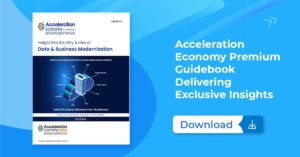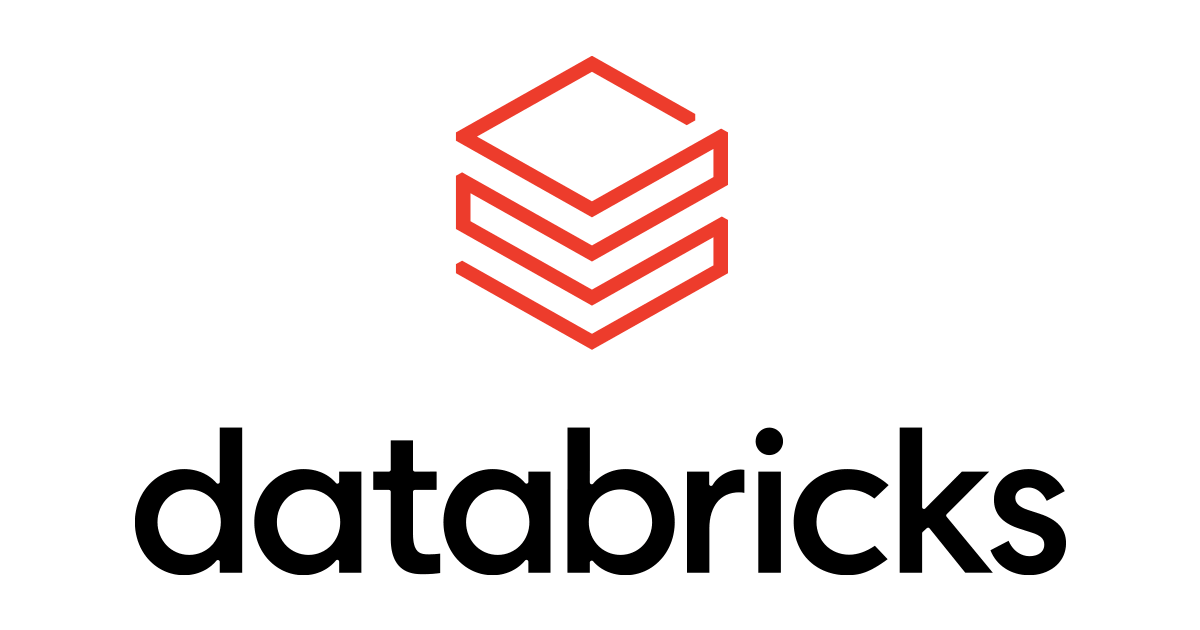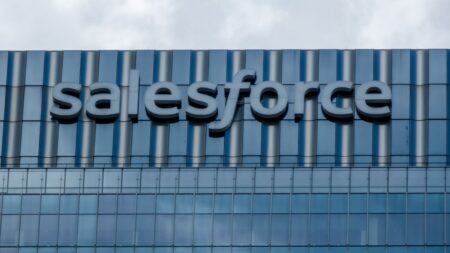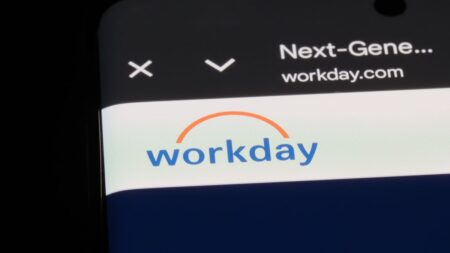
Artificial intelligence (AI) -powered technologies continue to dominate the conversation in the tech industry and among corporate leadership and boards, as well as news headlines. But data operations professionals require more action than words when it comes to capitalizing on the considerable potential of artificial intelligence.
From this practitioner’s point-of-view, AI should be viewed as a both disruptive, even risky, technology and, more simply, as a powerful enhancement to an already vast arsenal of data tools.
So when we learned earlier this month that Databricks has reached a definitive agreement to acquire Okera, it validated the application of AI to core security functions such as governance within a data management platform.
Okera has been innovating with respect to many functions needed for data modernization over the past seven years: A key focus has been governance parameters required to scale, while protecting data integrity, security, and privacy. Okera recognized early on that without the proper tools to manage compliance within enterprise data governance frameworks, data practitioners would face an overwhelming challenge and increased risk.
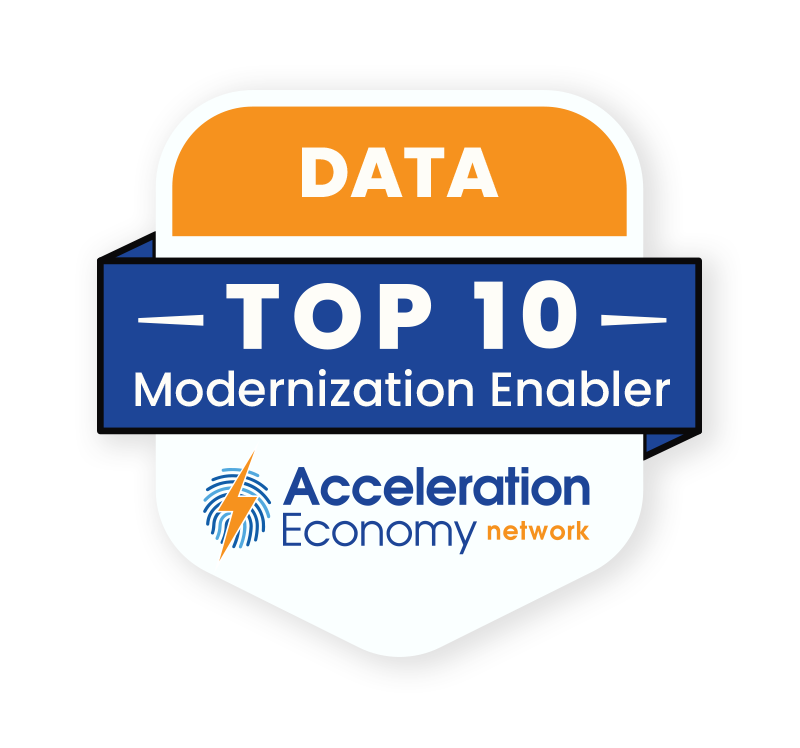
Which companies are the most important vendors in data? Check out the Acceleration Economy Data Modernization Top 10 Shortlist.
With the Okera acquisition, Databricks has furthered its commitment to offering AI and other emerging technologies as enhancements to its core platform, giving practitioners a super-charged toolset of full-scale data management tools, including AI-powered data governance.
It’s not unlike what we are experiencing in the offerings of many of the largest software companies including SAP, Microsoft, and Oracle: AI as an embedded feature in the product, versus an add-on that may require costly and/or time-consuming configuration. This approach gives practitioners the ability to “dip their toe” into the waters of AI, before setting sail for more ambitious destinations.
Databricks is on the Acceleration Economy Top 10 Shortlist of Data Modernization Enablers.
AI + Data Governance: A Winning Combination
So, how does the application of AI to governance and data management produce such compelling opportunities?
The proliferation of data, and the speed at which it’s being produced, is already proving to be an unwelcome complication for companies migrating to the cloud or executing data modernization plans. This disruption has caused many data experts to look more deeply into the best ways to scale data governance policies to meet the needs of their organizations.
Moreover, with leadership teams and boards pushing to implement various AI technologies to enhance customer experiences, drive efficiency in operations, or deliver new revenue streams, the demands and disruptions will become more prevalent.
For anyone who has built and implemented a data governance policy, we know the task is daunting. But the build and rollout of such policies is only the tip of the iceberg. Driving adoption and the ongoing maintenance of policies as data production scales, workforces disperse geographically, and BYOD (bring your own device) policies bring more risk factors into the mix will become one of the greatest challenges for data officers and their teams.
For practitioners using data tools, AI brings powerful weapons to the fight: the ability to better discover potential risks and/or better identify data types and properly categorize them within their data mesh. Without this technology, the pace at which data sets are growing will inevitably overwhelm even the most expert data scientists and analysts who are working to maintain the highest levels of data integrity.
In my view, this is where the new Databricks-Okera product offering and the offerings of other companies in the space could be so impactful.
Protecting Privacy at a Global Level
At the recent IAPP Global Privacy Summit, practitioners, privacy advocates, and governmental regulators met to discuss, debate, and define best practices for AI governance, which is another area of particular concern for data practitioners when it comes to AI.
In recent months, many EU countries have outright banned ChatGPT along with other generative AI technologies as they actively work on legislation to regulate its use. Their main concern? Privacy. It won’t be long before they implement General Data Protection Regulation (GDPR) -like regulations to protect their citizenry from technology that can be used in not-so-honest ways.
I can remember first hearing about GDPR several years ago and am still astonished by the wide range of reactions to its impending arrival. Some embraced it, full force, while others almost completely ignored it. In a global economy and in one where privacy and personal preference is paramount to buyers (both B2C and B2B), we can no longer ignore those charged with establishing the standards by which we can all thrive.
At this year’s Summit, many eyes were on the California Privacy Protection Agency’s presentation and discussion around compliance and the evolution of the Children’s Online Privacy Protection Act. California currently leads the U.S. in state regulations regarding data privacy and protection.
For the front-line practitioners who are busy developing standards and writing data governance policies, it will be important to stay informed on what the regulatory agencies and global organizations like the International Association of Privacy Professionals (IAPP) and the U.S. federal and state governments are implementing.
The Path to Data-Driven Is Paved With AI
For those on the journey towards becoming a data-driven organization, there is no better time to understand the impacts of AI, whether it be for assistance in managing data or as a method of mitigating risk.
Practitioners have a penchant for adopting the latest and greatest tools but often find themselves forcing a square peg into a round hole. The number of AI-enhanced or full-blown AI applications available in the market is only going to grow; my belief is that the ones who will not only survive but thrive will be those who find ways to make it easy for the operator.
Starting with core functions such as data management and governance will deliver proofs of concept and instill confidence as AI is applied to other aspects of the enterprise, such as marketing, operations, and finance.
But we all know that no matter how great the systems, no matter how clean the build, no matter how powerful the technology, if the data is not sound, you will not get very far. By acquiring Okera, Databricks has clearly shown it understands that point, and is acting to address the customer need.
Want more insights into all things data? Visit the Data Modernization channel:



